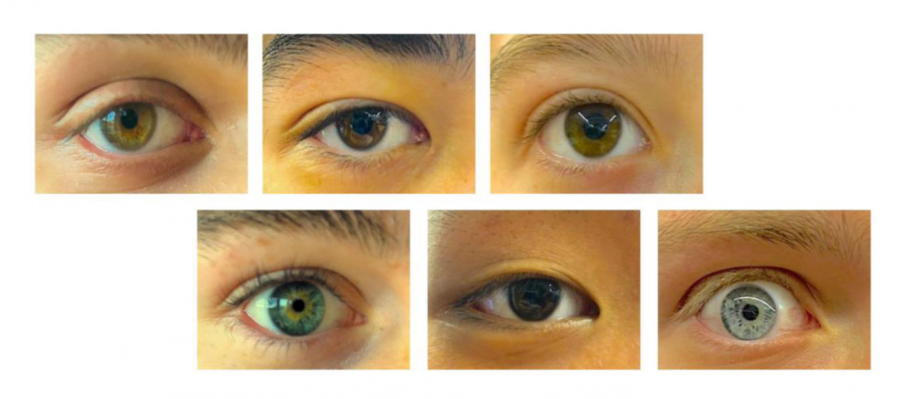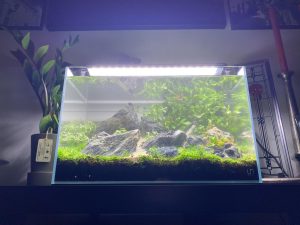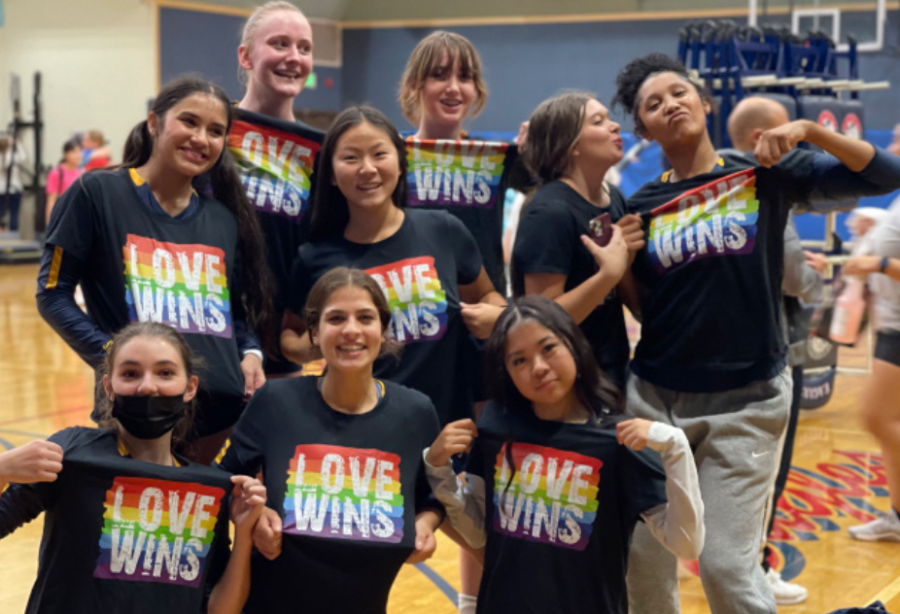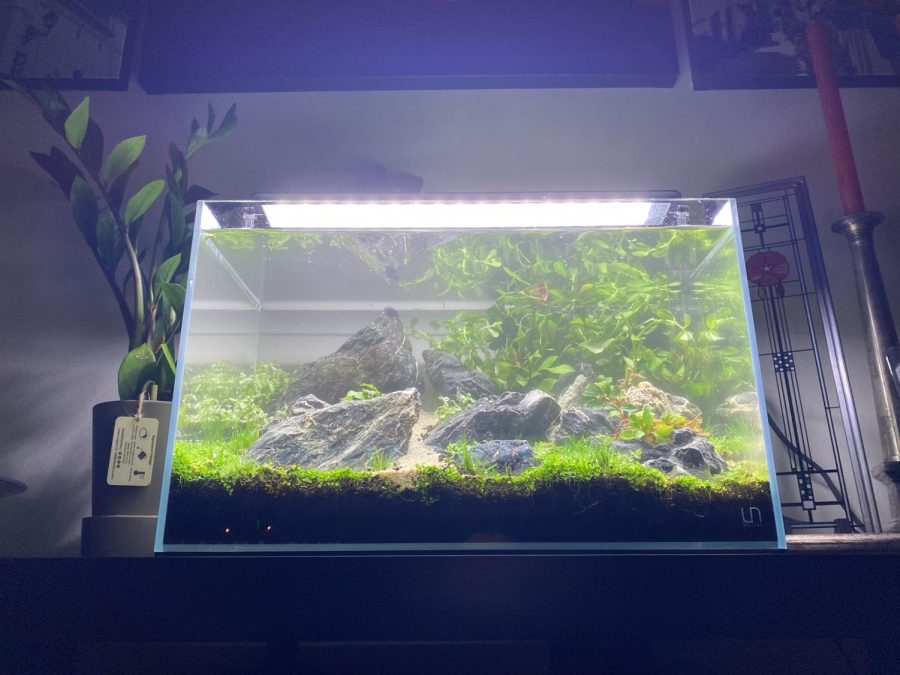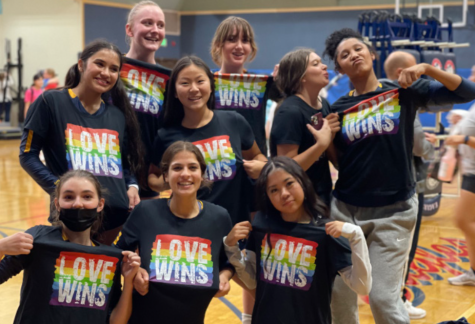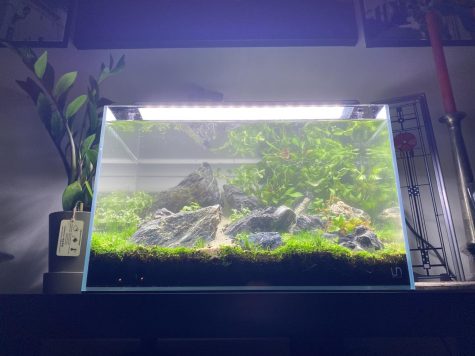20/20 Vision
January 16, 2020
The average American thinks of eye health concerningly little relative to its importance in daily life. Because of this, Inkwell thought it important to dispel myths, gather advice, and generally spread knowledge about how to keep those two globular organs in your face in optimum condition.
Mark Gildenhar, MD, is a retired staff opthamologist and six- year president of Cascade Eye and Skin Centers. He is currently serving as chairman of the board for the company. Dr. Gildenhar attended medical school at the University of Cincinnati and did his residency at Northwestern University in Chicago.
Inkwell: What does it actually mean to see 20/20?
Dr. Gildenhar: 20/20 vision means you can see any image of a certain size at twenty feet, that with perfect vision you should be able to see from that distance. That means the higher the second number, the worse your vision. 20/30 means you can make out from twenty feet an image that you should be able to see from thirty feet. At 20/100, something you should be able to see at one hundred feet you can only make out at twenty.
Inkwell: Can eating carrots improve your vision?
Dr. Gildenhar: Eating carrots will improve your eyesight only if you are deficient in Vitamin A, and most people get plenty of Vitamin A from other sources in their diet. In some parts of the world there are dietary deficiencies that can affect eye health, but in the standard American diet it is highly unlikely that would happen.
Inkwell: Can excessive cell-phone and computer screen usage damage your eyes?
Dr. Gildenhar: While there once was concern about that, nobody has been able to prove that screen usage negatively affects eye health. One way that screen usage can affect you through your eyes, though, is caused by the bluish light from cell phone and computer screens. That exposure can suppress melatonin production in your brain, causing you to have trouble falling asleep. Because of that, people who like to stay on their computer during the last hour or two before getting to bed might turn out the lights and lie there but have trouble getting to sleep.
Inkwell: Why is it important to wear sunglasses?
Dr. Gildenhar: Any time you’re around intense ultraviolet (UV) light you should protect your eyes from getting burnt. If you’re out in intense snow or extremely bright, sunny weather, you should always wear sunglasses, because you can get snow blindness which is an ultraviolet burn on your cornea. There
is also some thought that UV radiation can contribute to cataract formation. If you spend a lot of time outdoors, wearing sunglasses with ultraviolet screening capability is probably a good thing, and your risk of cataracts might go down.
Inkwell: What protocol should you take if you get something in your eye?
Dr. Gildenhar: If there’s something minor stuck in your eye
like an eyelash, you can attempt to flush it out. Sometimes the classic ‘hold your eyelid open to get your eye to water’ trick can work for small things. We’ve all been able to get out an eyelash by blinking or even washing it out with eye drops, but if you just can’t then you need to get help. Some of the most common minor injuries I’ve dealt with are scratches caused by a small, embedded foreign body in the eye.
If you ever get something caustic in your eye you want to rinse it thoroughly and immediately with whatever mild liquid you have, whether that’s at a sink or with a carton of milk. Most people just splash their eye, but that’s not enough. In the ER they’ll run a couple of liters of fluid to wash your eye for 15 to 20 minutes.
Inkwell: Can sitting too close to the TV damage your eyes?
Dr. Gildenhar: If you are watching TV or reading with your book right in front of your face, that requires focusing effort from your eyes, and so they might tire out more quickly than they would from farther away.
What happens is there’s a lens inside your eye that is bi-convex, meaning its curved on both sides, and it’s suspended by
these little strands of fibers called zonules, attached to a ring
of muscle right behind your pupil. When this ring of muscle contracts, the zonule fibers relax and allow you to focus by changing the convexity of the lens, which is somewhat elastic. So in order to focus you have to employ this ring of muscle, and if you do that on a sustained basis, it’s going to fatigue just like any other muscle in your body. Now, it has not been shown that you can damage the muscle by focusing from too close, it just exercises it. And like any other muscle, when it gets tired it starts talking to you. But it’s not damaging.
The younger you are the more elastic the lens is, and the greater focusing capacity you have. Because their lens is more elastic, it takes less effort for a child or teenager to focus on something than it would for someone who’s say at 30 or 35 years old, who would tire out sooner.


